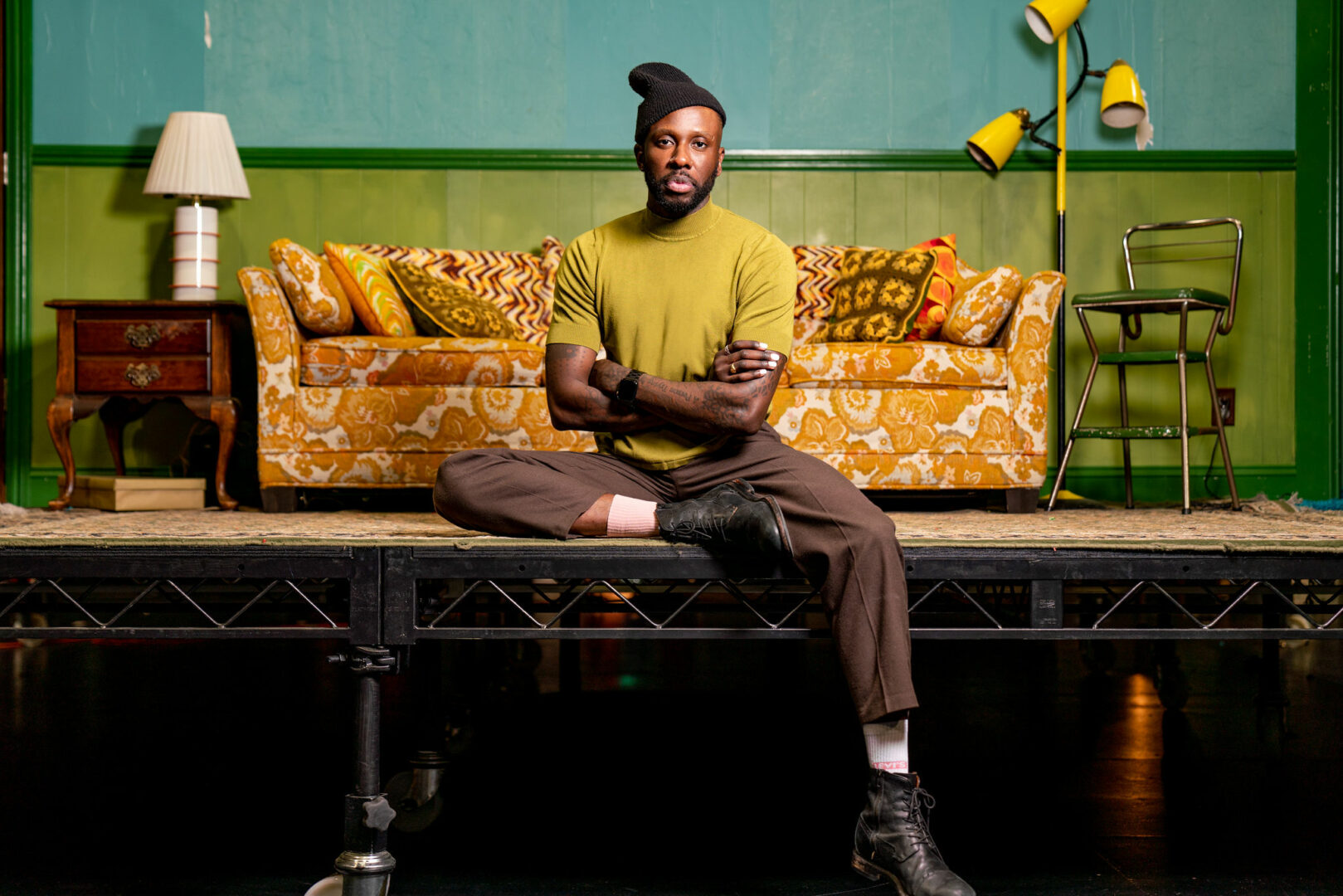Alright – so today we’ve got the honor of introducing you to Raja Feather Kelly. We think you’ll enjoy our conversation, we’ve shared it below.
Hi Raja, so excited to talk about all sorts of important topics with you today. The first one we want to jump into is about being the only one in the room – for some that’s being the only person of color or the only non-native English speaker or the only non-MBA, etc Can you talk to us about how you have managed to be successful even when you were the only one in the room that looked like you?
There is a loneliness to being first. Or only. And I still, unfortunately still deal with this.
I’ve learned that the room will not always reflect you back to yourself. Sometimes you walk in and realize you are not just the only one who looks like you—you are the only one who moves like you, thinks like you, dreams like you.
For a long time, and even still, I mistake that as evidence that I don’t belong. Now, when I am my best self, I know it means I am meant to bring something new.
My effectiveness—if I have any—comes from deciding that my difference is not a liability, but a light source. That didn’t happen overnight. I have to wrestle with my own self-doubt, my own desire to disappear into the crowd. But the work—whether choreography, theater, writing, or directing—has always called me to stand in it fully. Not halfway. This also sometimes is BECAUSE I am the only person in the room like me. I have no choice but to have integrity. I Have grown to appreciate this as it makes me an artist I can be proud of.
I also learned to stop asking the room for permission. The room is just a container. The people in it are just people. Their recognition—or their inability to see me—doesn’t define me. I walk in, do my work, and leave the room changed. Even if no one says thank you.
And, maybe most importantly, I’ve learned to create my own rooms. Build spaces where people who feel like “onlys” become “one of many.” Where difference is not the exception, but the expectation.
So, when I am the only one in the room, I carry all those other rooms with me. And suddenly, I am not alone.
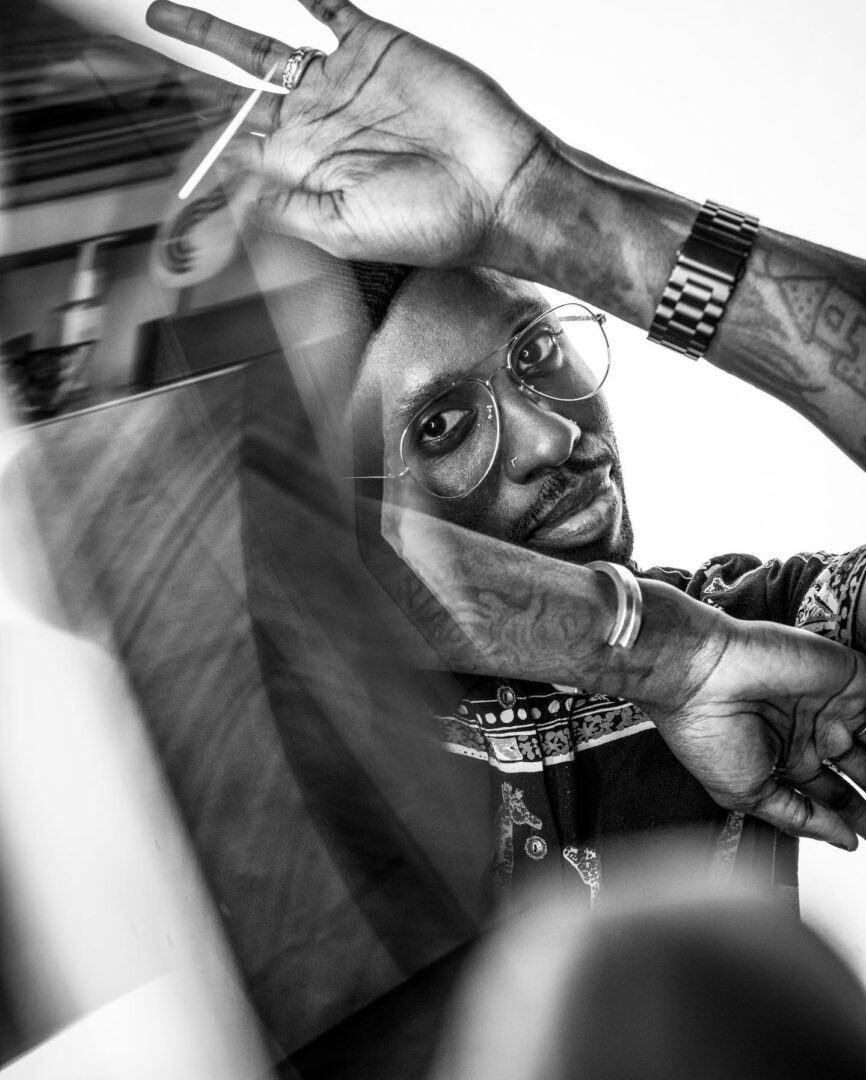
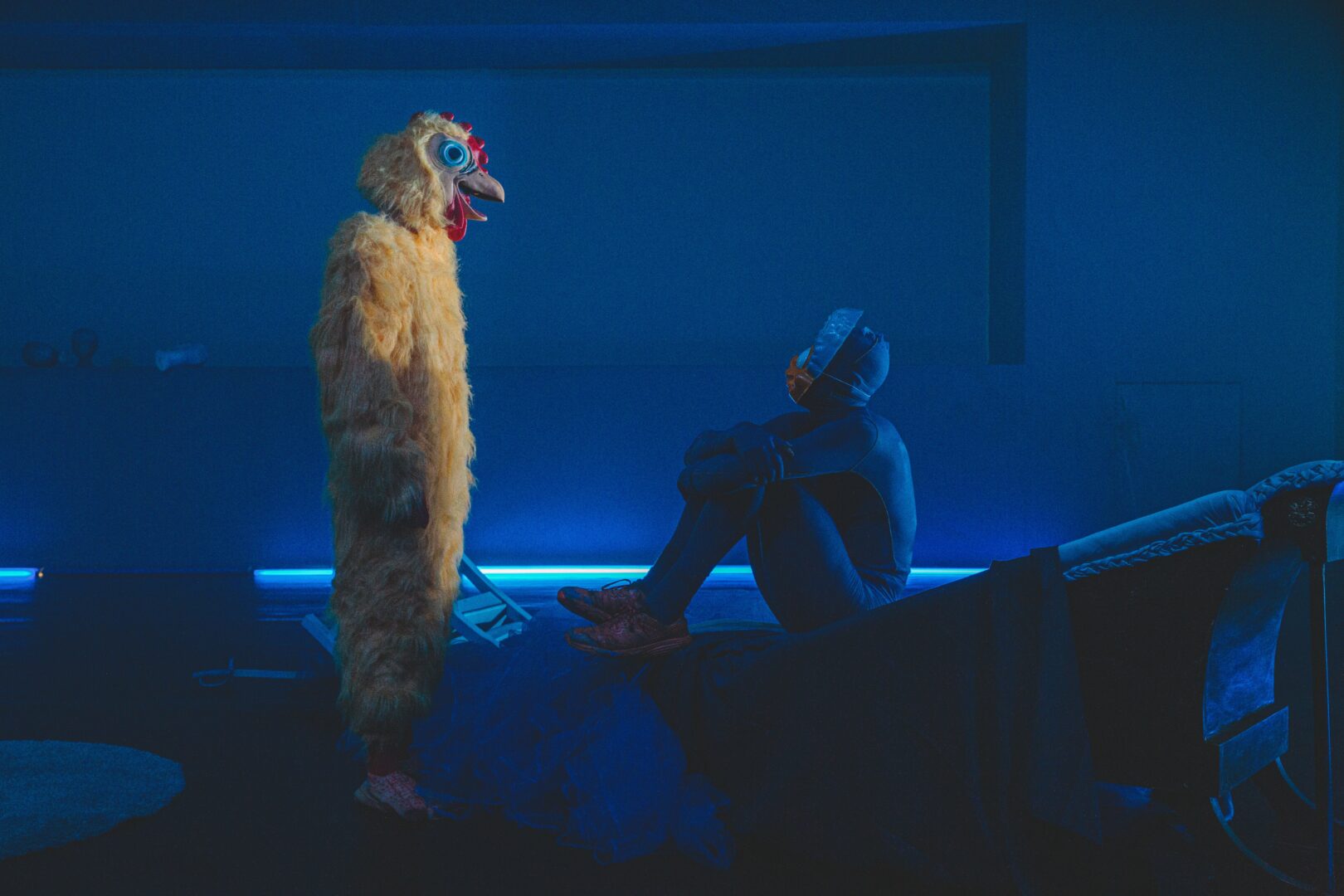
Thanks, so before we move on maybe you can share a bit more about yourself?
I’m a choreographer, director, and writer working at the intersection of dance, theater, and pop culture—but honestly, I think of myself as a translator. I translate chaos into form. I translate ideas into bodies. And I try to make the intangible—fear, humor, desire, shame—feel tangible. No matter the genre, my work tends to ask: what does it mean to be human today? And how can we tell the truth, even when it’s messy, ugly, or ridiculous?
I run a dance-theatre-media company called the feath3r theory, where we make performances that sit somewhere between entertainment and confession. You’ll find me just as often in a black box theater as you will on a proscenium stage—or in a commercial shoot, or maybe choreographing an Opera. The rooms change, but the questions stay the same. I’m always chasing a kind of honesty that feels theatrical, cinematic, and deeply emotional. My aesthetic lives somewhere between Andy Warhol, Ernest Becker, and reality TV—funny, tragic, and camp all at once.
This year, I’m working on two new personal projects: A Body of Dangerous Ideas, which explores the tension between body autonomy and public consumption, and Waffles, a darkly comic story about a sad boy running a diner and the community of weirdos who orbit around him. I’m also making my Metropolitan Opera debut, which feels surreal and joyful. And there are a few commercial projects I legally can’t talk about yet—but let’s just say you might see my fingerprints in some unexpected places soon.
What I hope people take from my work—whether it’s a dance-theatre piece or a big-budget commission—is that art is allowed to be messy, human, and unpretty. I want you to laugh until it hurts, or cry when you least expect it. And then I want you to wonder why you felt that way. That’s the sweet spot.
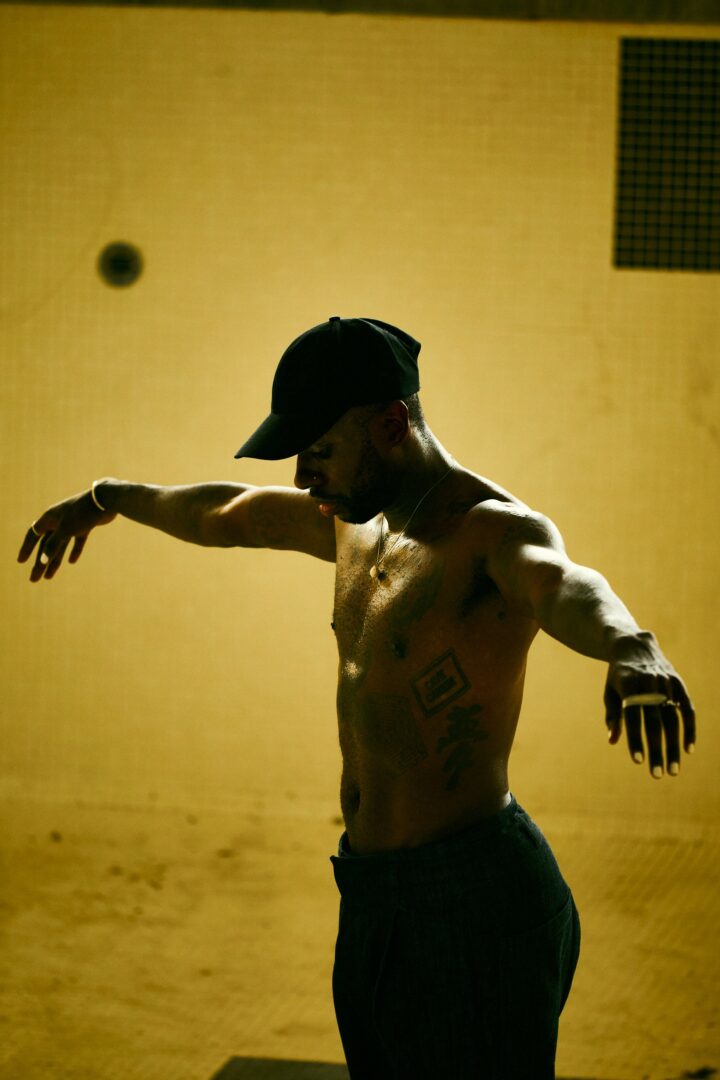
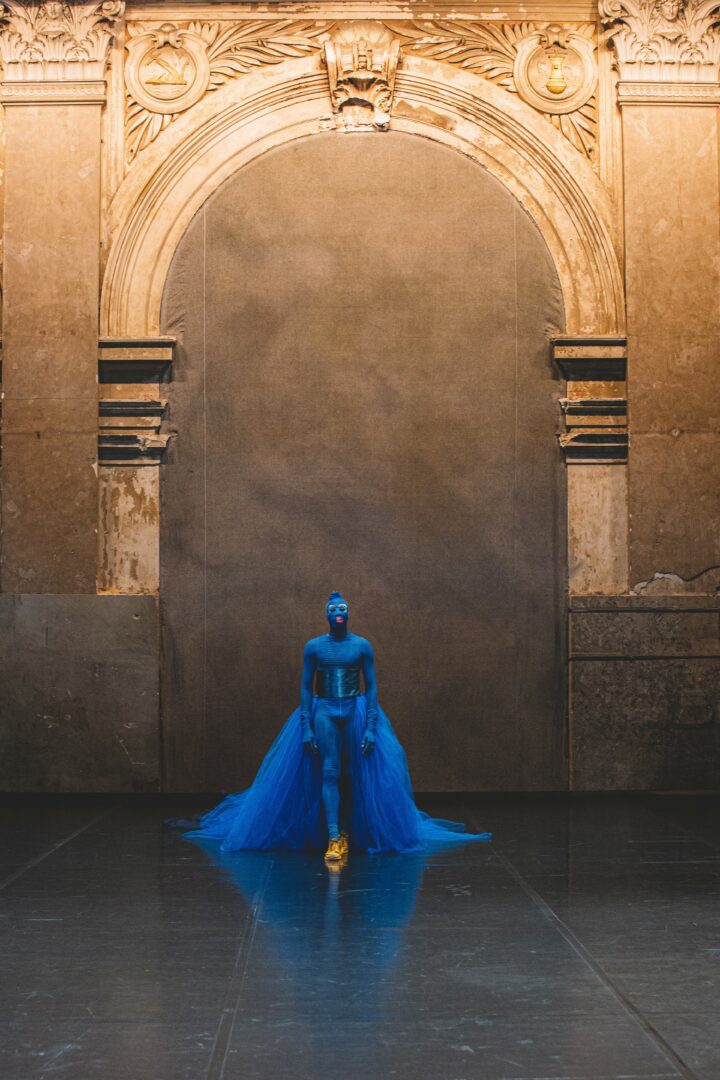
There is so much advice out there about all the different skills and qualities folks need to develop in order to succeed in today’s highly competitive environment and often it can feel overwhelming. So, if we had to break it down to just the three that matter most, which three skills or qualities would you focus on?
The three qualities that shaped my journey most?
Curiosity, courage, and craft.
Curiosity is what keeps me moving forward. I’ve always been obsessed with asking “why?”—why do we behave the way we do? Why do we laugh at tragedy? Why do we perform ourselves for others? That curiosity keeps my work alive.
Courage is what helped me speak up, walk into rooms where no one looked like me, and still share my point of view. Courage doesn’t mean I wasn’t scared; it means I did it scared. I still do.
And craft—that’s the part people forget to mention. Inspiration is beautiful, but it’s useless without skill. I spent years (and still do) learning how to choreograph, how to write a scene, how to shape a rehearsal room. The ability to execute your vision matters just as much as the vision itself.
If you’re early in your journey, my advice is: stay curious, stay scared, and stay in the work. Ask hard questions. Do things before you feel ready. And never stop learning your craft—whatever it is. People will tell you talent is enough. It’s not. What lasts is what you build, brick by brick.
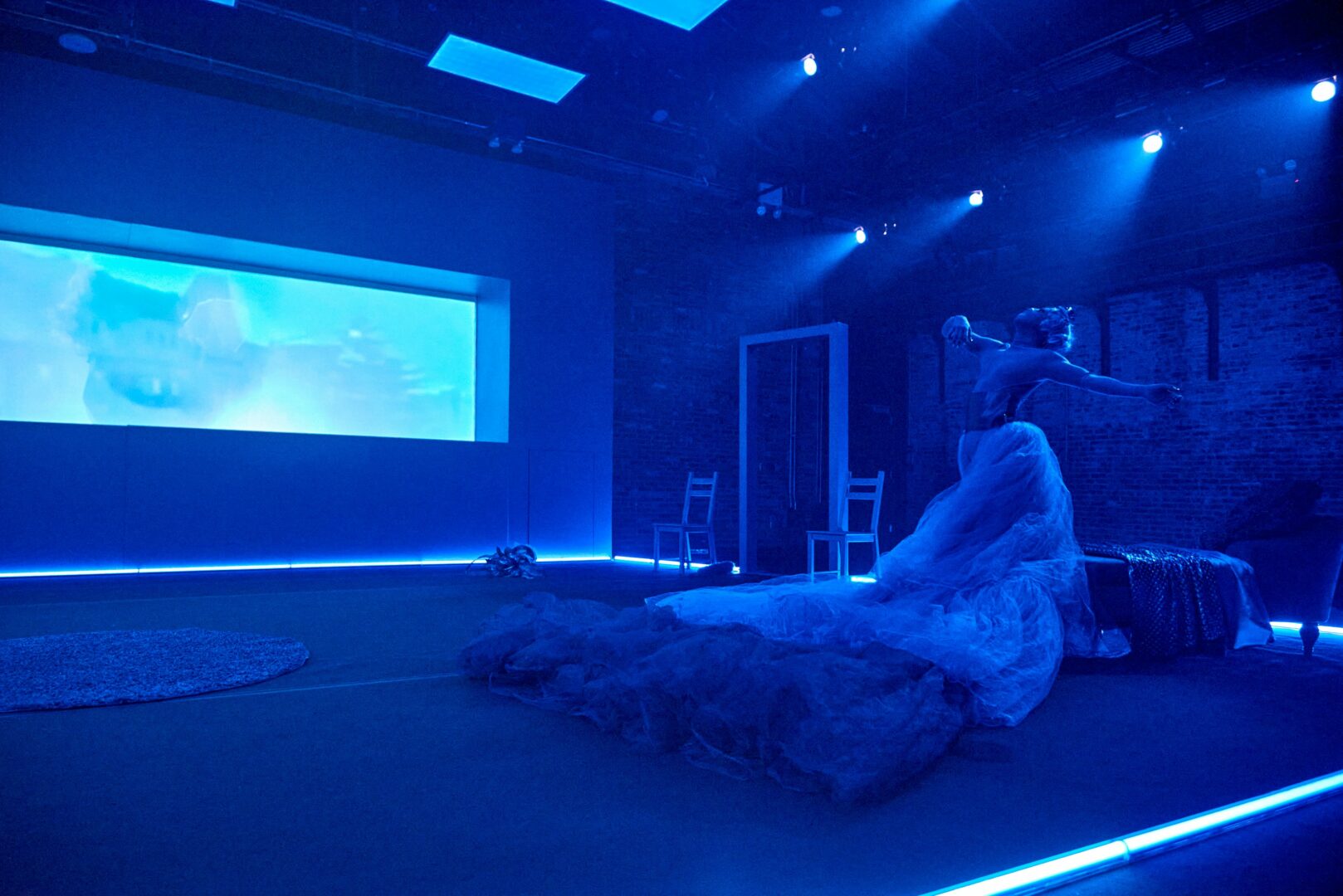
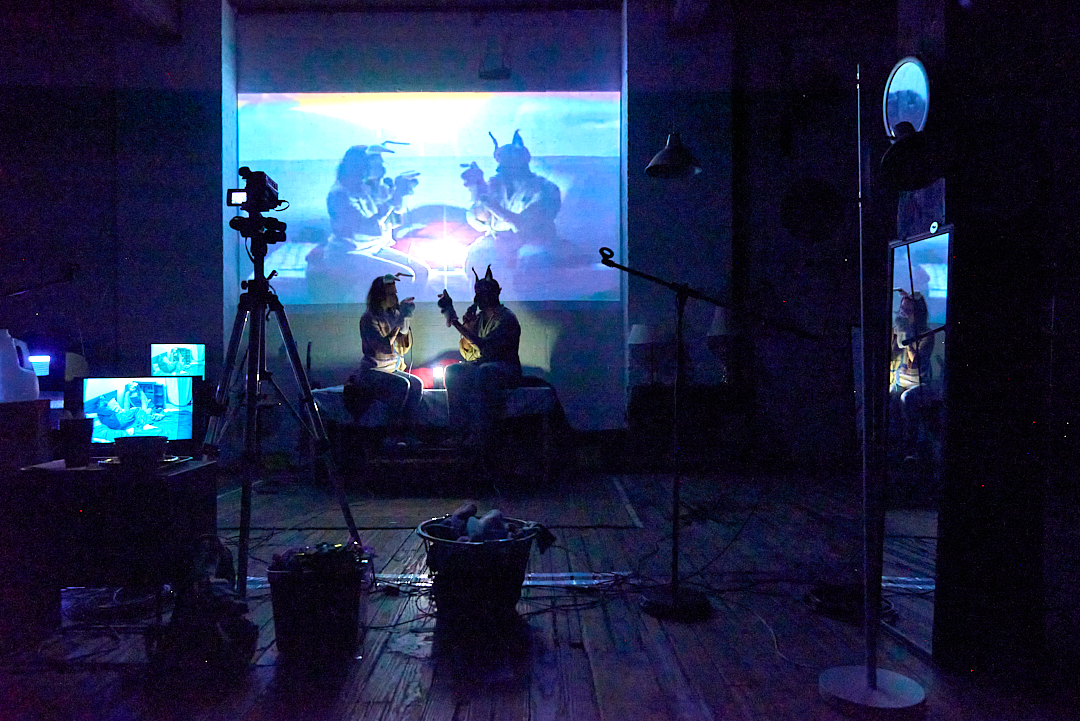
Alright, so before we go we want to ask you to take a moment to reflect and share what you think you would do if you somehow knew you only had a decade of life left?
If I knew I only had a decade left, I’d spend it the same way I’m spending it now—but maybe with less apologizing.
I’d keep making work that questions what it means to be alive, what it costs to be honest, and why we find joy in the strangest places. I’d spend more time in rehearsal rooms and living rooms, less time in meetings. I’d travel more, hug my friends longer, get married, and make sure every project I touched made someone feel a little more human.
I’m always looking to collaborate with people who bring something I don’t have—whether that’s a different life experience, a different artistic discipline, or just a beautifully strange point of view and thinkers who aren’t afraid to ask, “what if we did it differently?”
If you’re reading this and think, “I have a weird idea I don’t know what to do with,” let’s talk.
Perhaps the secret to life is pretending you do have a decade left. STOP WAITING FOR PERMISSION. Okay, great question, not I am REALLY gonna do that, because now I am scared.
Contact Info:
- Website: https://www.thefeath3rtheory.com
- Instagram: @rajafeatherkelly
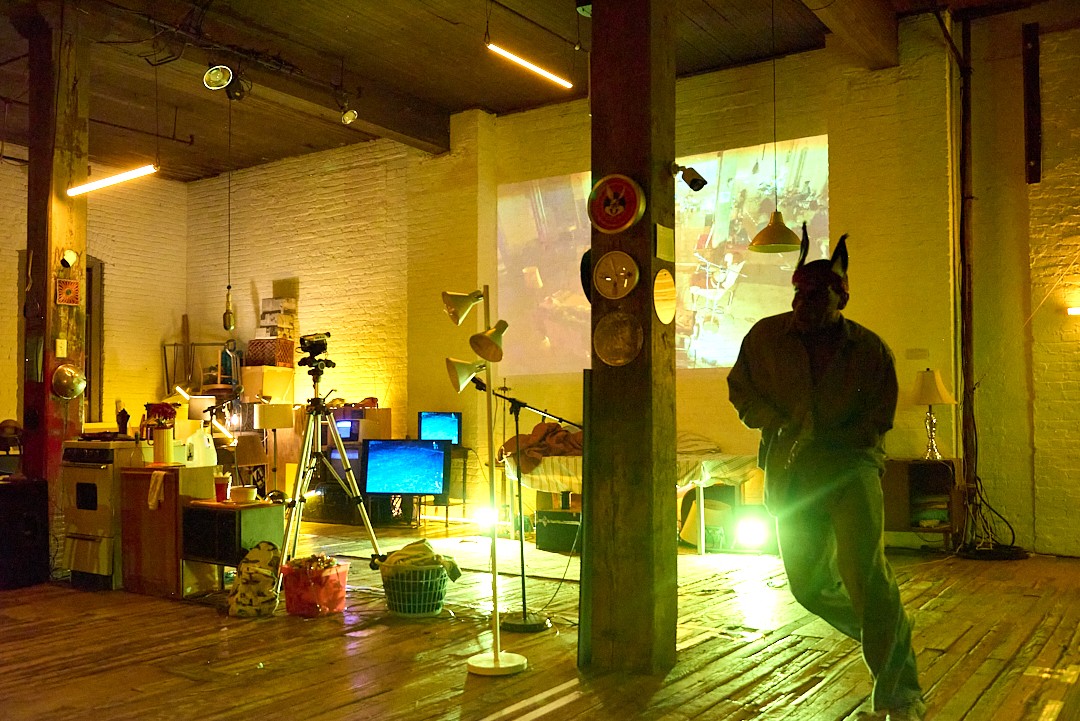
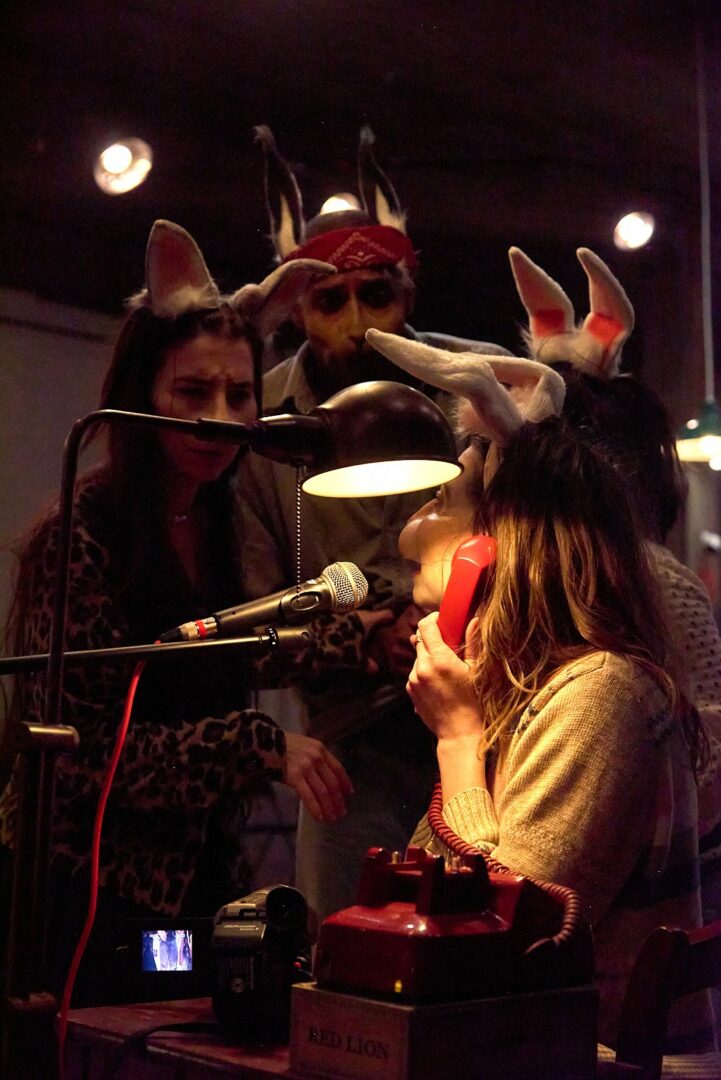
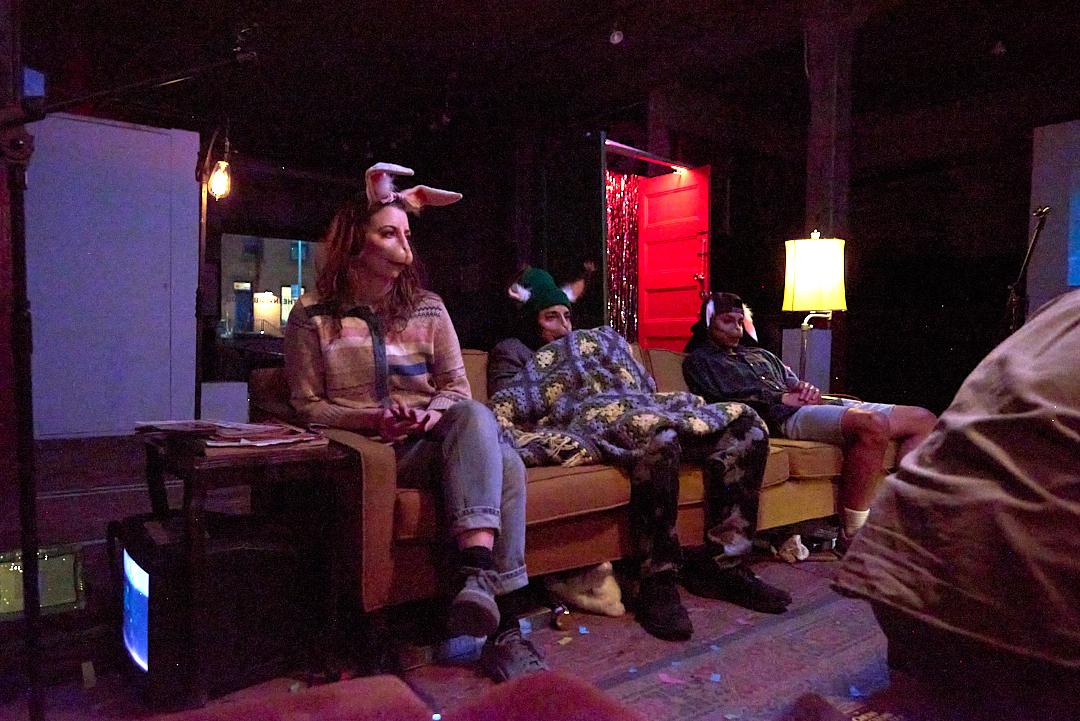
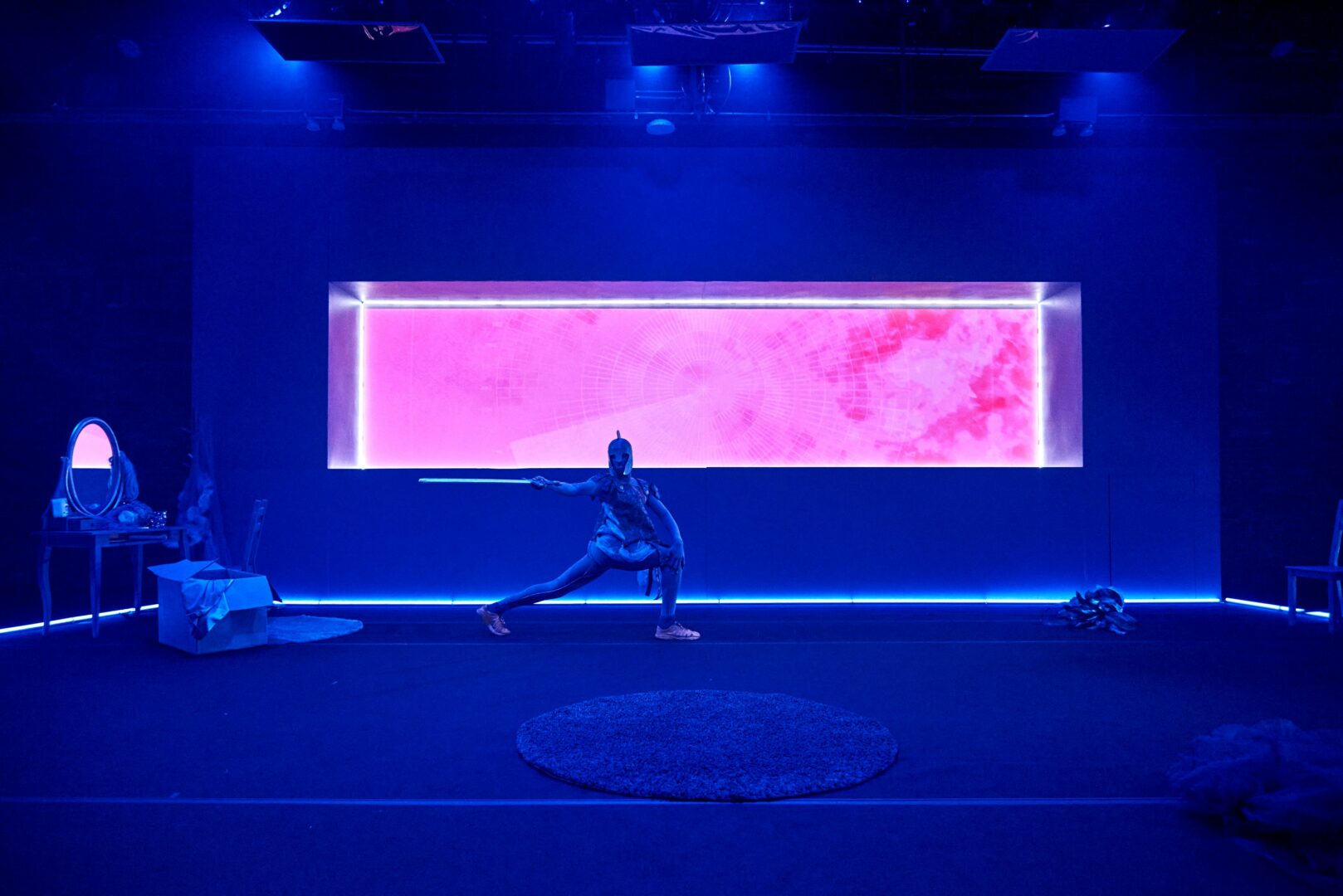
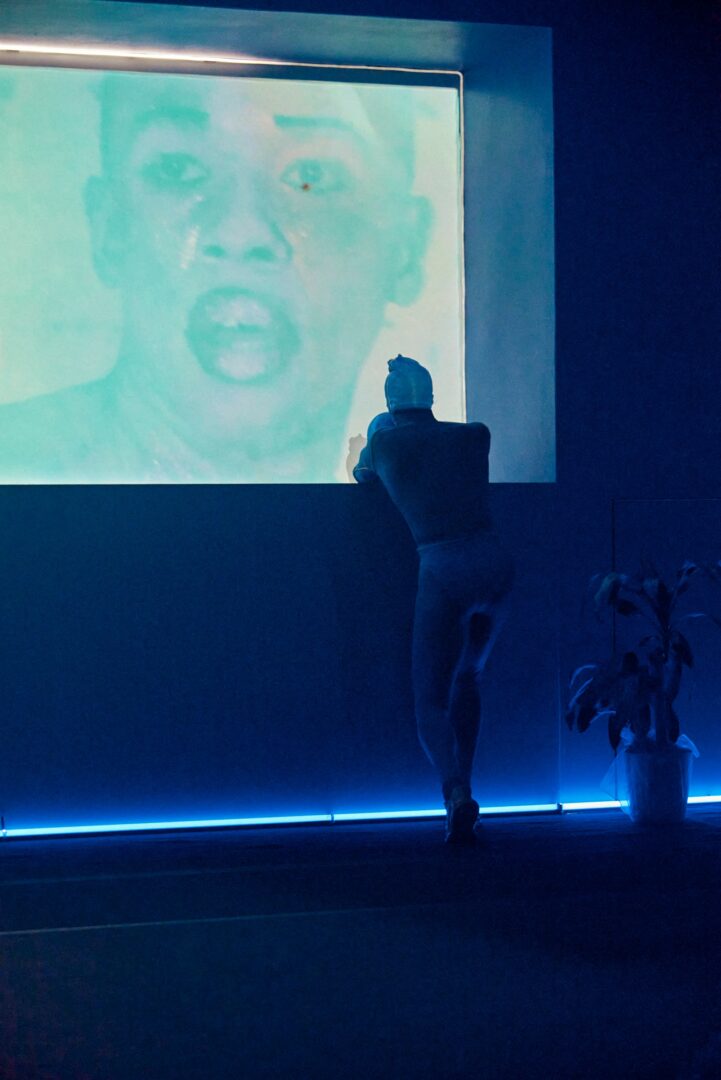
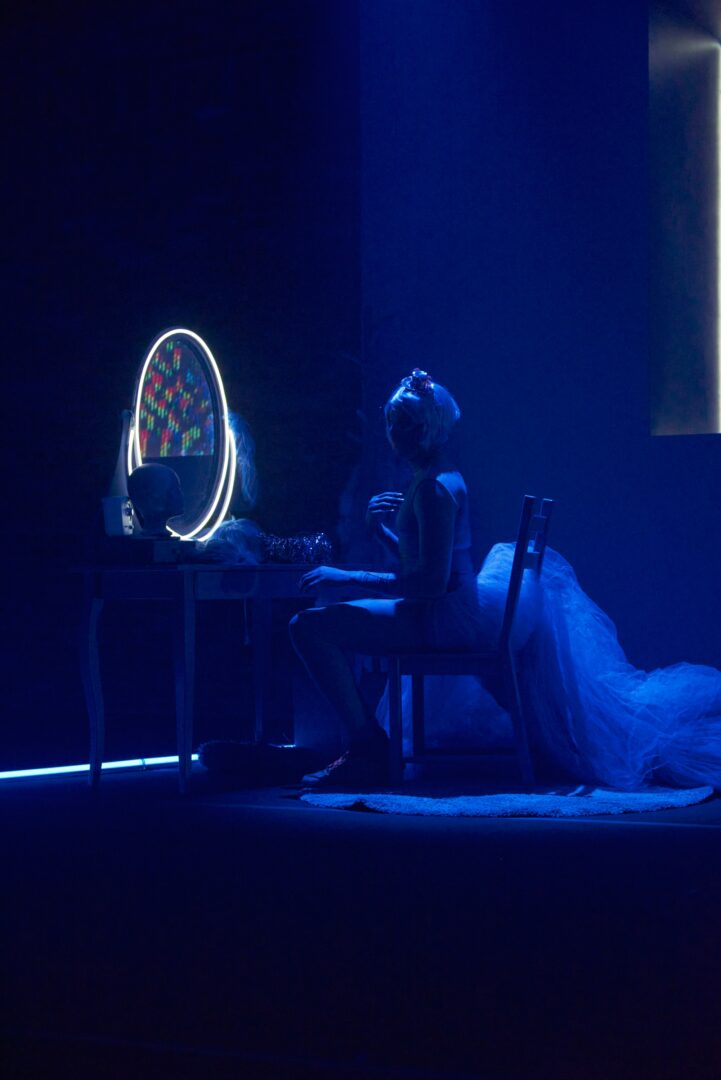
Image Credits
Kate Enman
Alex Kikis
Raja Feather Kelly
Marq Walls
so if you or someone you know deserves recognition please let us know here.

